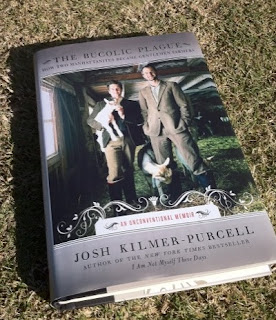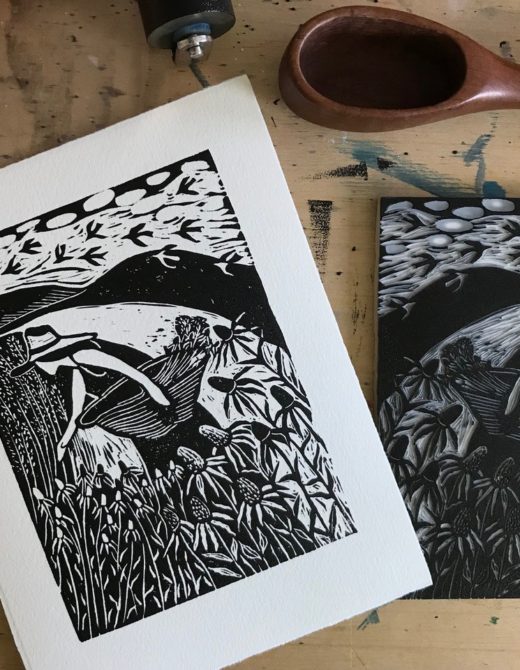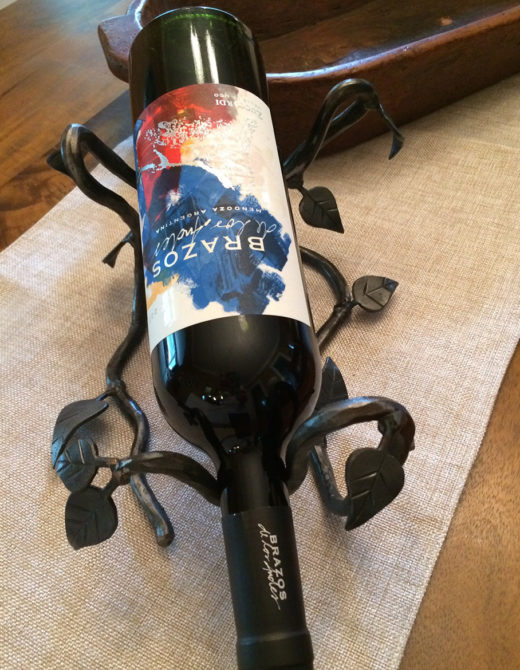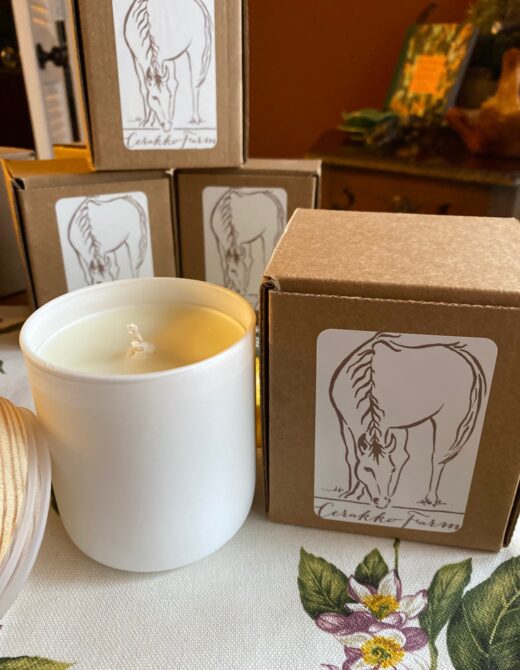On Watermelons As A Metaphor For Life
“I know how a prize watermelon looks when it is sunning its fat rotundity among pumpkin vines and ‘simblins;’ I know how to tell when its ripe without ‘plugging’ it; I know how inviting it looks when its cooling itself in a tub of water under the bed, waiting; I know how it looks when it lies on the table in the sheltered great floor-space between house and kitchen, and the children gathered for the sacrifice and their mouths watering; I know the crackling sound it makes when the carving knife enters its end, and I can see the split fly along in front of the blade as the knife cleaves its way to the other end; I can see the halves fall apart and display the rich red meat and the black seeds, and the heart standing up, a luxury fit for the elect; I know how a boy looks, behind a yard long slice of that melon, and I know how he feels for I have been there. I know the watermelon which has been honestly come by and I know the taste of the watermelon which has been acquired by art. Both taste good, but the experienced know which tastes best.” (NPR)
Autobiography of Mark Twain, Vol. 1By Mark Twain
Edited by Harriet E. Smith
Hardcover, 760 pages
University of California Press
Available on Amazon






